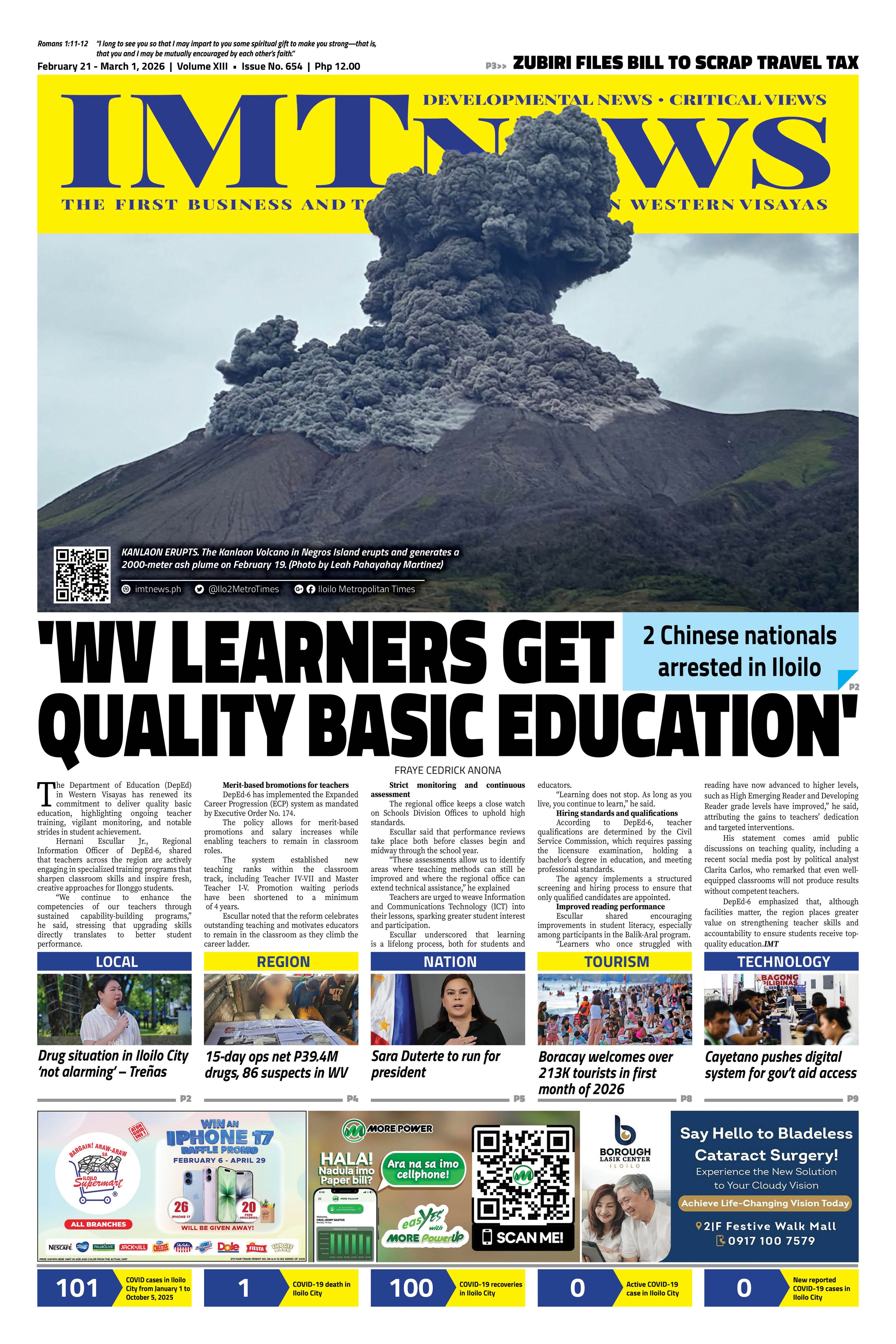Artificial Intelligence is no longer a distant concept. It is shaping the decisions that affect how we learn, work, heal, travel, transact, and govern. And yet, despite its growing reach, the national conversation around AI remains uncomfortably small.
In many emerging AI dialogues, we continue to see familiar rosters: the same panels, the same affiliations, the same comfortable narratives. The effort appears well-intentioned—but in practice, it often reflects a narrow range of perspectives. Panels are stacked with insiders who may be brilliant in their fields, yet whose lenses are understandably limited—scientists focused on the technical, entrepreneurs focused on viability, technologists focused on scalability.
But where are the ethicists? The health workers? The teachers? The social workers? The elders? The differently abled? The informal sector? The ones who will actually bear the brunt of these AI decisions?
When only a few speak for the many, we fail to build a future that works for all.
AI Is Not Just a Technological Question—It’s a Moral One
We must move past the idea that AI is purely an engineering challenge. Yes, we need the people who understand the math. But we also need those who understand the human. AI is increasingly influencing who gets hired, who receives services, who is flagged as risky, and what opportunities are surfaced or suppressed.
If these systems are designed without input from those most affected, we risk deepening the very inequalities we hope to solve. And when entire forums, policies, and strategies are crafted without meaningful diversity of perspective, we create the illusion of progress—when in fact we may be baking bias into the foundations of our future.
The Danger of Familiarity Over Representation
Let’s be honest: it’s tempting to stick with the familiar. The speakers we know. The institutions we trust. The names we’ve heard before. But comfort should never be a substitute for legitimacy.
A panel of well-meaning experts without wide representation may inadvertently replicate the same blind spots it hopes to address. Innovation without inclusion is not innovation—it’s insulation.
This isn’t about pitting one sector against another. It’s about recognizing that no single group—no matter how credentialed or committed—has the full picture. And if we truly want AI to serve the public good, then the public must be part of shaping it.
Inclusion Must Happen at the Beginning, Not the End
We need to go beyond the practice of “consulting stakeholders” after the frameworks are done. We need to bring people in from the start. Co-design, co-create, co-author.
This means engaging teachers when designing AI for classrooms. Listening to social workers and frontline staff when building systems for welfare delivery. Asking youth leaders and persons with disabilities what safety, transparency, and accountability mean for them.
This is not about token seats at the table. It’s about building a longer table.
Humility Is the Missing Piece
What AI needs—what any transformational technology needs—is intellectual humility.
The humility to admit that technical solutions are not always social ones. The humility to recognize that people outside the lab or the boardroom may hold deeper insights into community trust, cultural nuance, or unintended harm. The humility to listen, especially when the feedback is inconvenient.
A truly ethical AI ecosystem is not one that moves fast and breaks things. It is one that moves together—and builds wisely.
To Those Who Curate the Conversation: Reflect Carefully
If you organize events, shape policies, or advise institutions on AI, ask yourself: Whose voices are missing? Are you creating echo chambers or ecosystems? Are you seeking validation—or conversation?
Because when we repeatedly silence or ignore perspectives that challenge the dominant frameworks, we’re not building a better future. We’re building a brittle one.
This isn’t about slowing down progress. It’s about deepening it. Grounding it. Widening it. So that when we talk about the future of AI, we’re not only talking about intelligence—we’re also talking about integrity.
Ken Lerona is a business consultant with over 20 years of marketing and branding experience. He conducts talks and workshops for private and government organizations and consults on innovation and reputational risk management. Connect with him on LinkedIn at www.linkedin.com/in/kenlerona.







